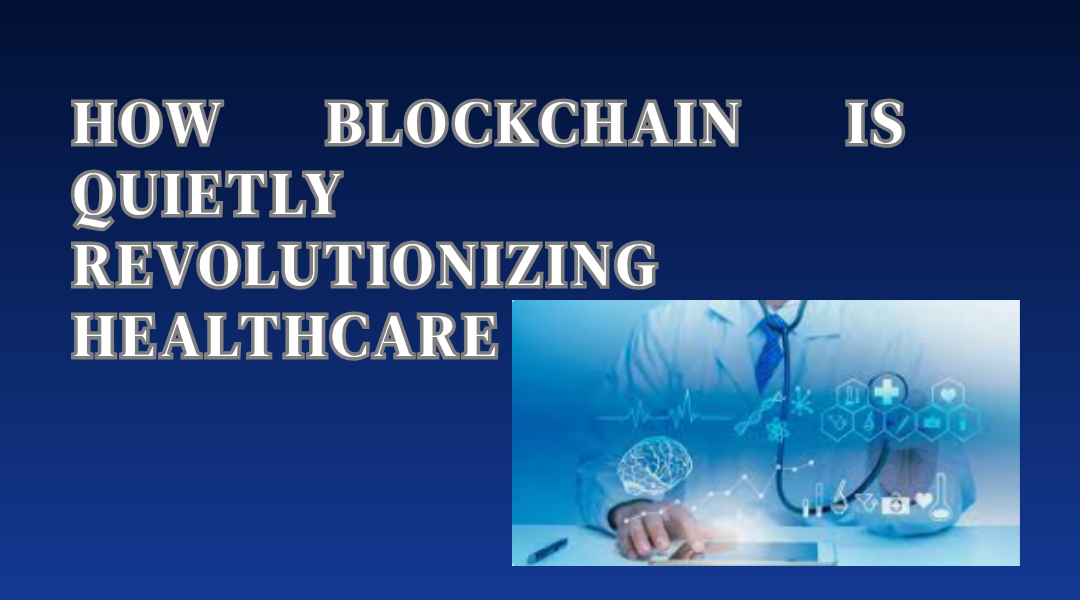We’ve all heard about blockchain in the context of Bitcoin and cryptocurrencies, but its most transformative application might be happening in an unexpected place: healthcare. Imagine a world where your medical records are secure, instantly accessible to authorized providers, and entirely under your control—no more faxing files between hospitals or worrying about data breaches. That’s the promise of blockchain, and it’s already starting to reshape the industry.
Breaking Down Blockchain (Without the Jargon)
At its heart, blockchain is like a digital ledger that’s shared across multiple computers rather than stored in one vulnerable location. Each “block” of data is linked to the one before it, creating a chain that’s nearly impossible to alter without detection. Think of it as a high-tech version of a shared Google Doc, but with military-grade security.
Here’s why healthcare is paying attention:
- No More Silos: Hospitals, clinics, and pharmacies often use incompatible systems. Blockchain lets them share data seamlessly—without handing control to a middleman.
- Tamper-Proof Records: Once information is logged (like a diagnosis or prescription), it can’t be secretly changed. That’s huge for preventing fraud and errors.
- Smart Contracts: These aren’t legal documents but self-executing code. Example: An insurer could automatically approve a claim the second a doctor submits proof of treatment, slashing paperwork delays.
Real-World Wins (Beyond the Hype)
While some projects are still in pilot phases, others are already delivering results:
- Dubai’s Blockchain Strategy: The city aims to put all health records on blockchain by 2025, letting patients share files securely via a single app. Early trials cut duplicate testing by 20%.
- Drug Traceability: Companies like Chronicled use blockchain to track pharmaceuticals from factory to pharmacy, combatting counterfeit drugs—a $200 billion global problem.
- Mental Health: Startups like MindBank AI are experimenting with blockchain-secured therapy notes, giving patients ownership over sensitive data often locked in clinic servers.
The Human Hurdles
Technology isn’t the biggest challenge—people are.
- Who Calls the Shots? Hospitals used to “own” patient data. Blockchain flips that, putting individuals in charge. Not every institution is ready to cede control.
- The Digital Divide: If blockchain health apps require a smartphone or tech literacy, will elderly or low-income patients get left behind?
- Regulatory Gray Areas: GDPR’s “right to be forgotten” clashes with blockchain’s permanence. Can you delete a cancer diagnosis if it’s etched into an immutable ledger?
What’s Next?
The most exciting developments aren’t just about security—they’re about reinventing broken systems. Imagine:
- Crisis Response: During a pandemic, blockchain could let researchers access anonymized patient data in real time without privacy risks.
- Rare Disease Networks: Patients with uncommon conditions could voluntarily share data globally, accelerating research.
Blockchain won’t fix healthcare overnight, but it’s quietly laying the groundwork for a system that’s more transparent, efficient, and patient-centered. The question isn’t if it’ll become mainstream—it’s how quickly providers and policymakers can adapt.
